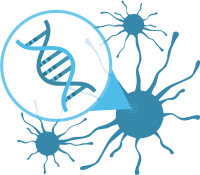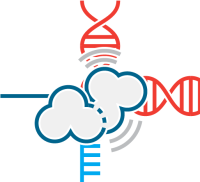Genome wide CRISPR lethality screens show broad variability in cellular fitness phenotypes across cancer. We postulate that genes with overlapping functions should deliver similar responses enabling functional annotation of uncharacterized genes. Here we will build a network connecting genes based on the similarity of their knockout phenotypes, benchmark this network using protein interaction databases and functional transcriptomics, and leverage network analyses to identify mutational and transcriptional modulators of functional complexes.





